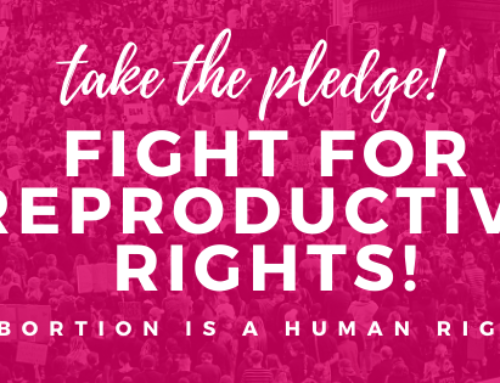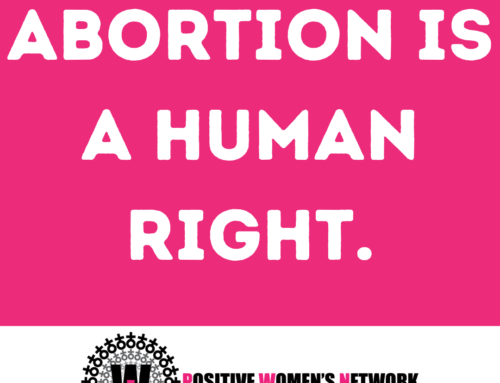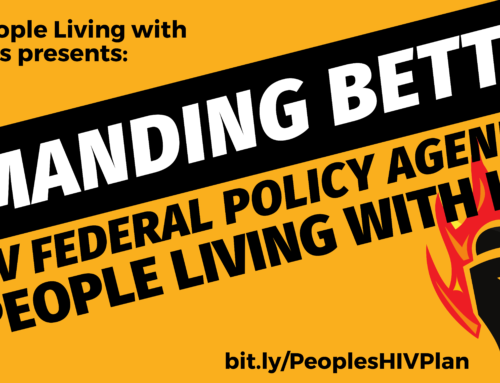PWN-USA leaders discuss HIV-positive women’s rights in the era of treatment advances and new science
From the BETABlog:
Access to health care, and the quality of that care, are also of critical importance to women already living with the virus. According to leaders of the Positive Women’s Network of the USA, it’s time for a “women-centered” model of health care to better serve women with HIV. “Women-centered care means medical and supportive services that address the unique needs of women, including transgender women,” says Sonia Rastogi, communications director for the PWN-USA.
“Currently, services for women are disjointed,” Rastogi adds. “For example, HIV care is not systematically integrated with sexual and reproductive health care.” This lack of integration has real-life consequences; for instance, recent research suggests women with HIV are not getting regular Pap tests and other gynecological screenings that can help prevent invasive cervical cancer—a malignancy seen more frequently among HIV-positive women.
Not only do women with HIV need better medical care, they also need services to help them stay in care while they manage all the other aspects of their lives, such as maintaining their housing, working or finding employment, and caring for their families, Rastogi emphasizes. These services range from child care and transportation (which can make the difference between missing or keeping a medical appointment) to more extensive support services like housing assistance, case management, peer advocacy, mental health services, legal assistance, and employment services.
Furthermore, recent breakthroughs in biomedical HIV prevention can be better leveraged to support HIV-positive women’s choices around sex and childbearing. “We know from personal experience that an HIV diagnosis is deeply traumatic and that for women, it may color our perceptions of ourselves as sexual and reproductive beings,” says Naina Khanna, director of the PWN-USA.
Pre-exposure prophylaxis (PrEP) for HIV-negative partners and “treatment as prevention,” in which an added benefit of antiretroviral drug therapy is the reduced risk of transmitting HIV, can go a long way toward changing those perceptions. Not only can these new tools allow women to conceive with lower risk to their HIV-negative male partners, they are also meaningful for women who want safer ways to have sex for pleasure and intimacy, not just to start a family: “We need to take it out of the sole realm of reproduction,” Khanna states. Using antiretroviral drugs for prevention “is an exciting development because it also has implications for HIV-positive people’s rights and dignity as whole, sexual beings.”
Political leaders and medical and service providers have a part to play in employing these new tools to help reduce HIV stigma and discrimination, adds Khanna. “The conversations that providers and policymakers should now be having are: ‘Given the new science, what is my role in normalizing a discussion of sex, sexuality, and reproduction that is evidence-based and affirming of people living with HIV?’” Read the full article here







